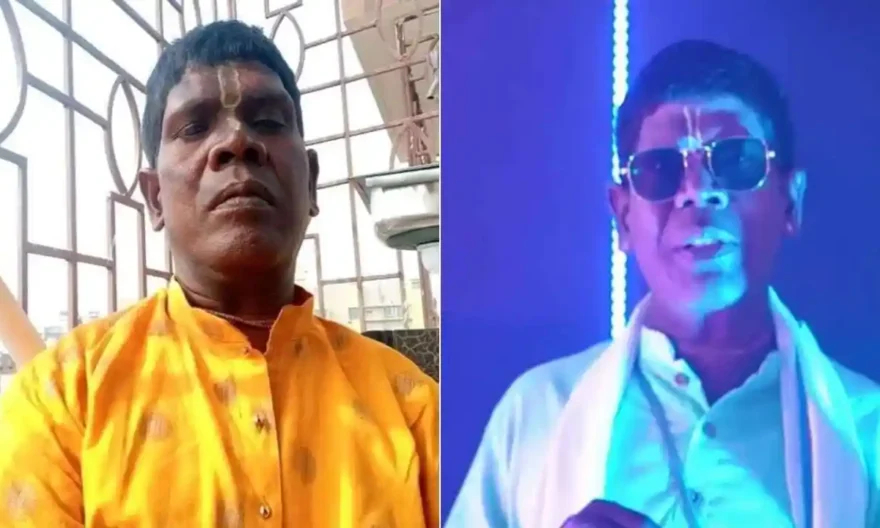
‘Kacha Badam’ Singer Bhuban Badyakar Files Copyright Infringement Complaint
Bhuban Badyakar, the singer of the infamous song ‘Kacha Badam’, has filed a copyright infringement complaint, saying that he was unable to sing and promote his other song owing to claimed copyright infringement.
Bhuban Badyakar rose to stardom overnight after his debut single became a success online.
But,the singer has now claimed that due to alleged copyright infringement, he was unable to sing his other song and was unable to publish it online.
Badyakar alleges that a man paid him Rs 3 lakh to share the song on his YouTube channel.
According to him, he was also forced to sign paperwork in this regard, but because he is illiterate, he had no idea what he was signing.
He then filed a complaint in this regard. The court will now decide whether he signed the agreement under misrepresentation, fraud, coercion, or other circumstances. But here’s what the copyright law says regarding copyright owners’ rights, as well as their ability to assign and licence their rights.
An artistic creation naturally carries a copyright, which is the ownership right that creators have over their literary and creative works. The right to copy is the simplest definition of copyright.
The exclusive right to reproduce the work belongs to the original and those to whom they provide permission.
Some rights are protected by copyright laws, including:
• Reproduction Right: This relates to the ability to make copies of protected works in any form. Before copying, the author’s permission is required unless it can be demonstrated that it is not for commercial purposes.
• Right to Distribute: The owner of the copyright has the right to disseminate it as well as transfer all or some of his rights to another person. Allowing anyone to translate the work is one example.
• Right to create Derivative Works: This relates to the ability to use the work in numerous ways, such as adaptations or translations.
• Right to Perform in Public: This relates to the right to perform his works in public. This includes the owner’s right to broadcast his work, make it available to the public on the internet, and set the terms and conditions for access to his work.
• Right of Paternity: The Right of Paternity or Attribution is an important notion that allows the owner the ability to claim authorship of the work. This right allows the owner to take credit for any of his creations.




